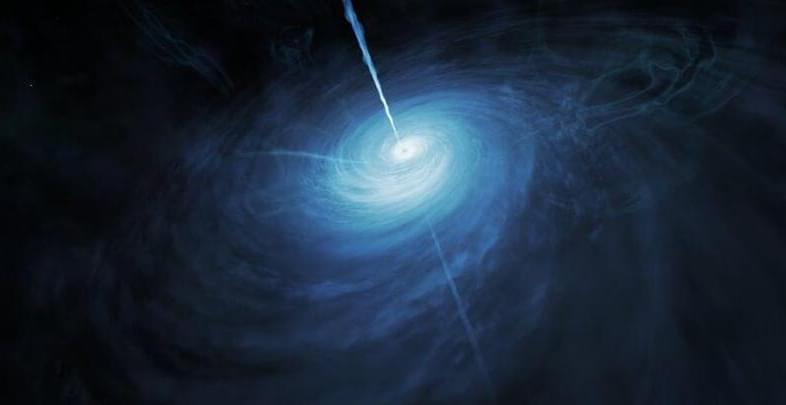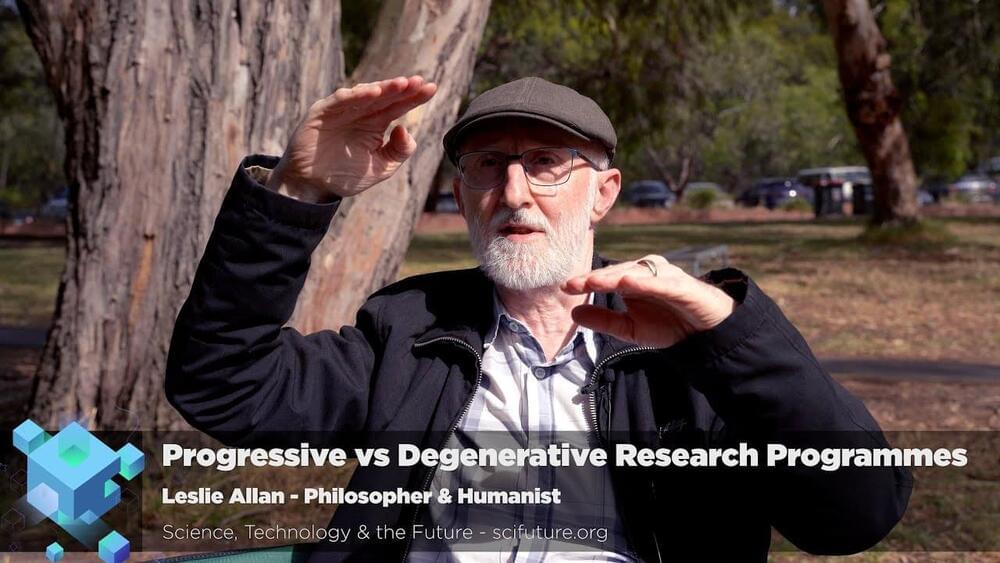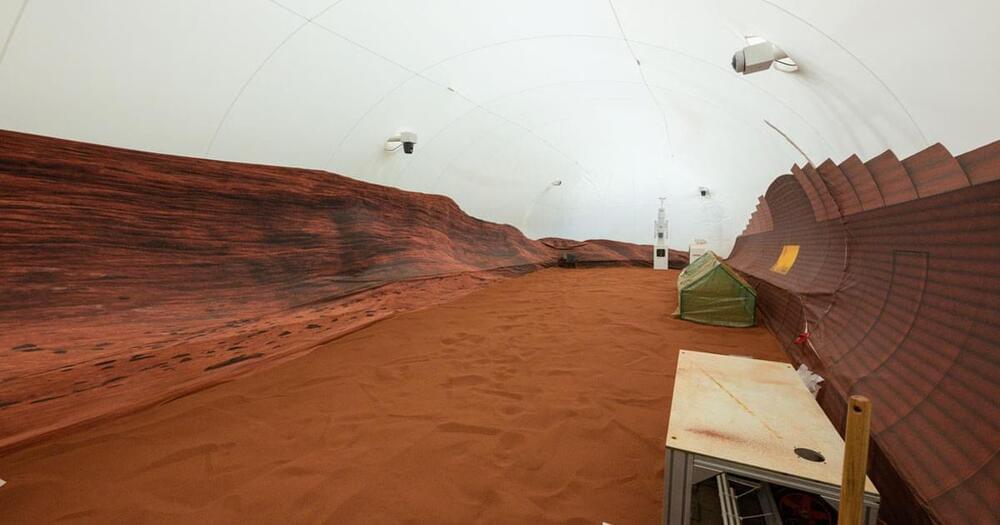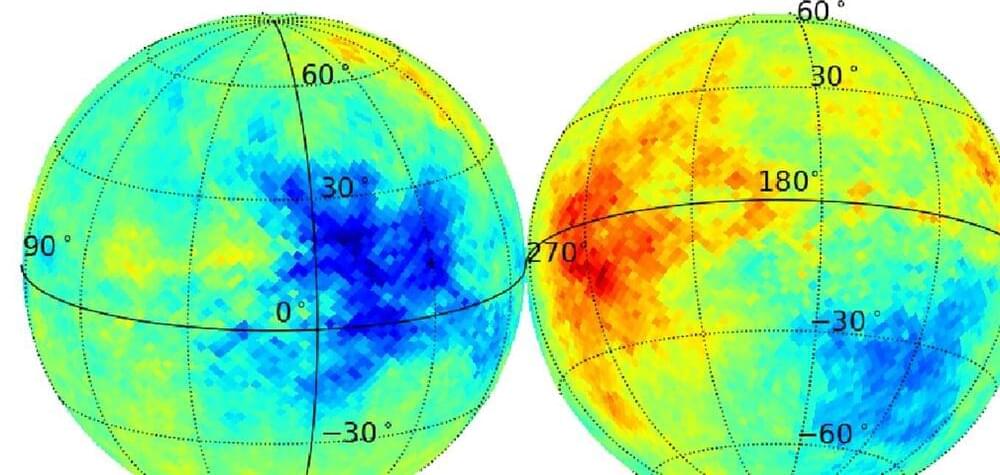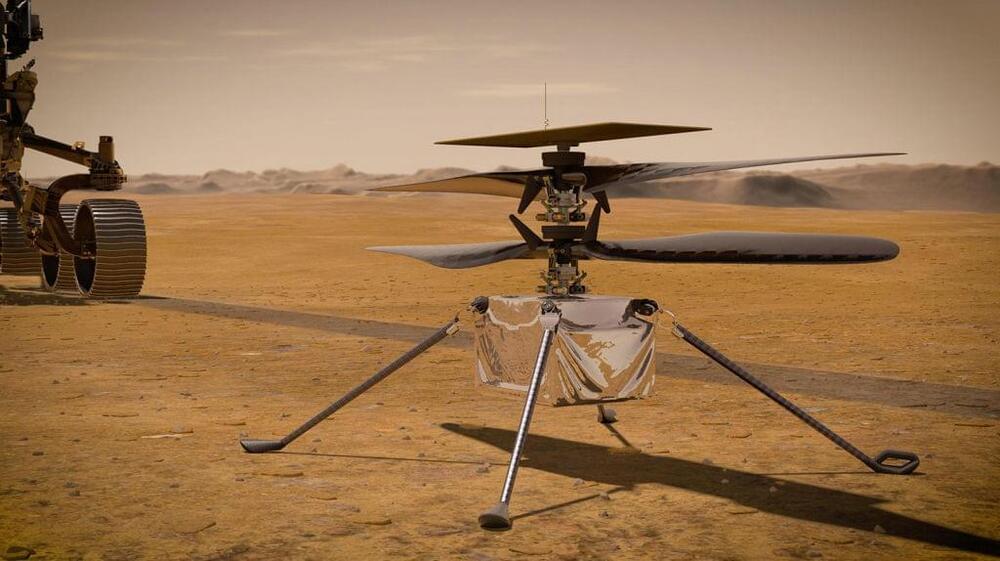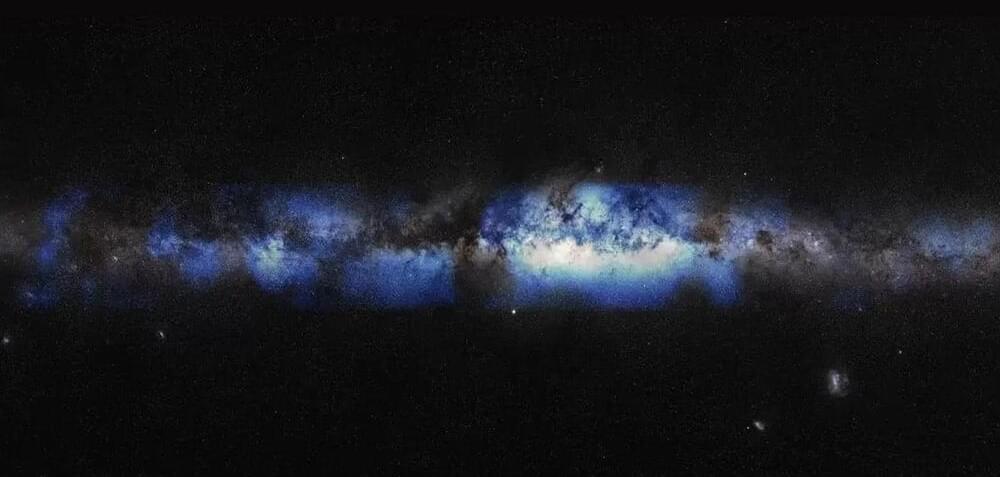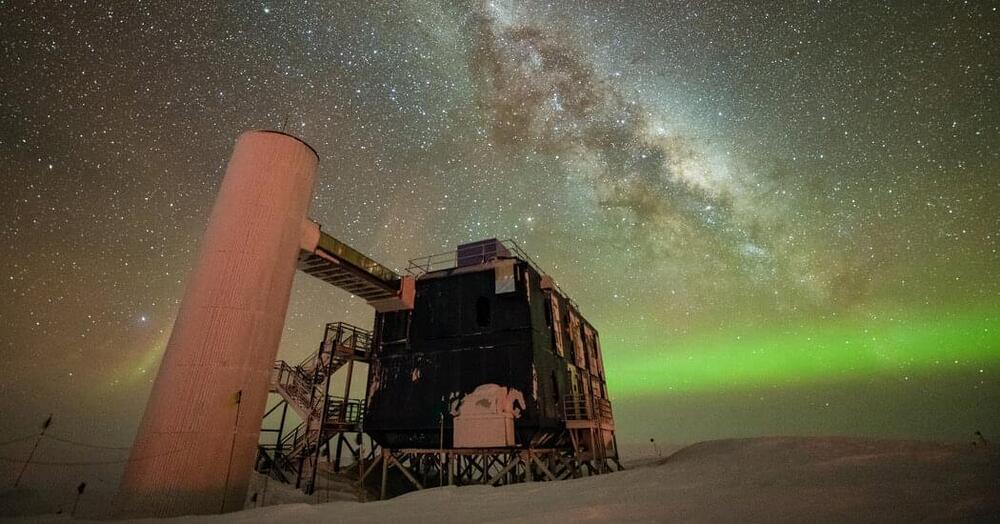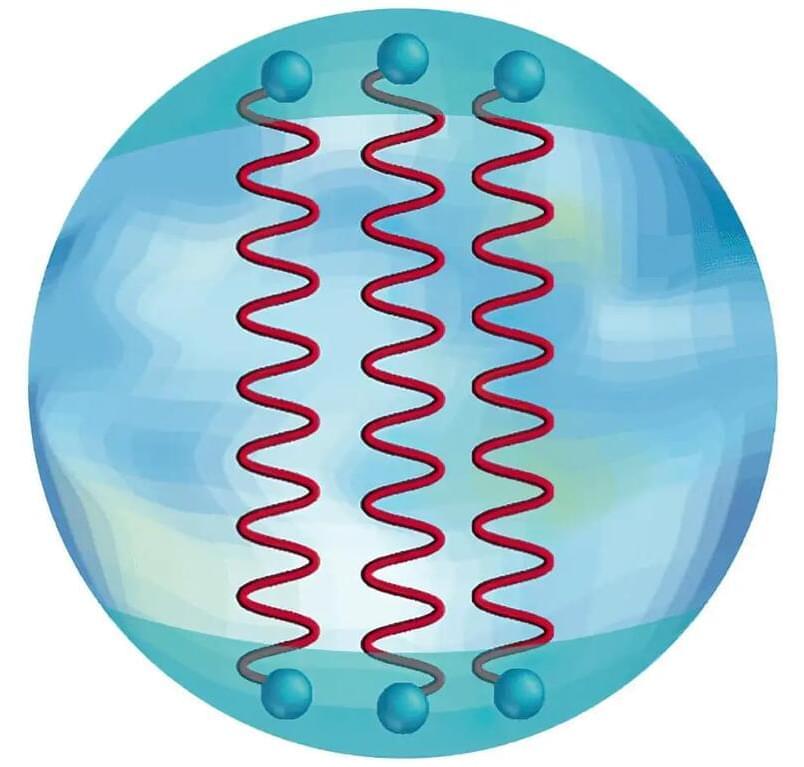Jul 3, 2023
Time Appears to Have Run 5 Times Slower in The Early Universe
Posted by Arthur Brown in category: space
Because of a peculiar effect velocity has on the appearance of the passage of time, our observations make it seem like time ran slower when the Universe was just a baby.
At least, that’s how it appears to us, at a light travel time of nearly 13 billion years away. This is called time dilation, and astrophysicist Geraint Lewis of the University of Sydney in Australia and statistician Brendon Brewer of the University of Auckland have seen it in the early Universe for the first time by studying the fluctuations of bright galaxies called quasar galaxies during the Cosmic Dawn.
Continue reading “Time Appears to Have Run 5 Times Slower in The Early Universe” »
